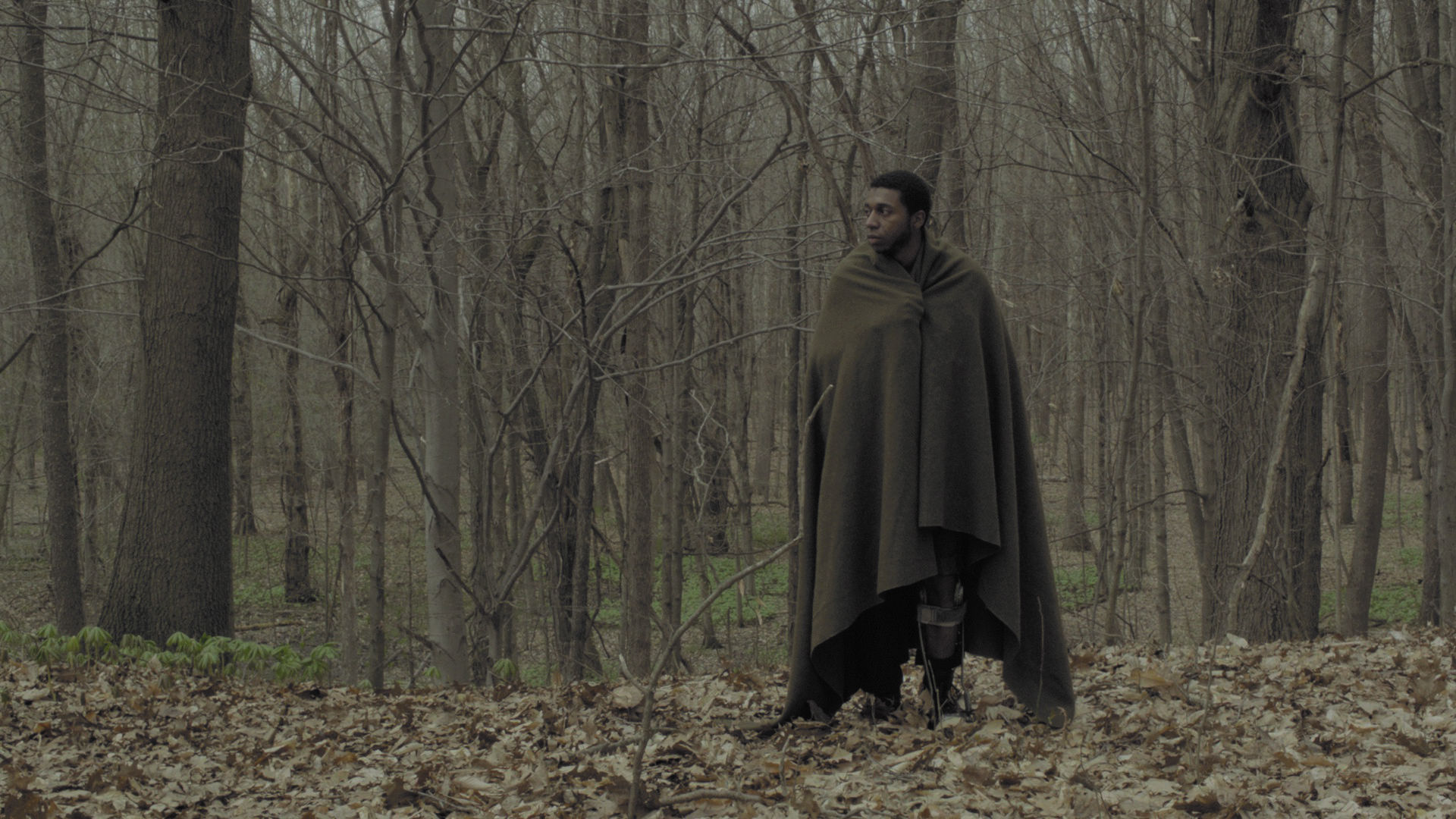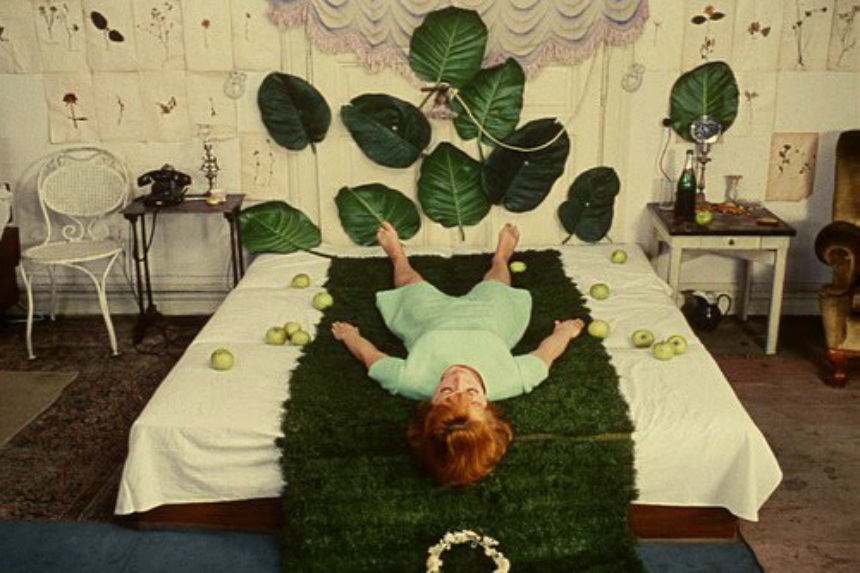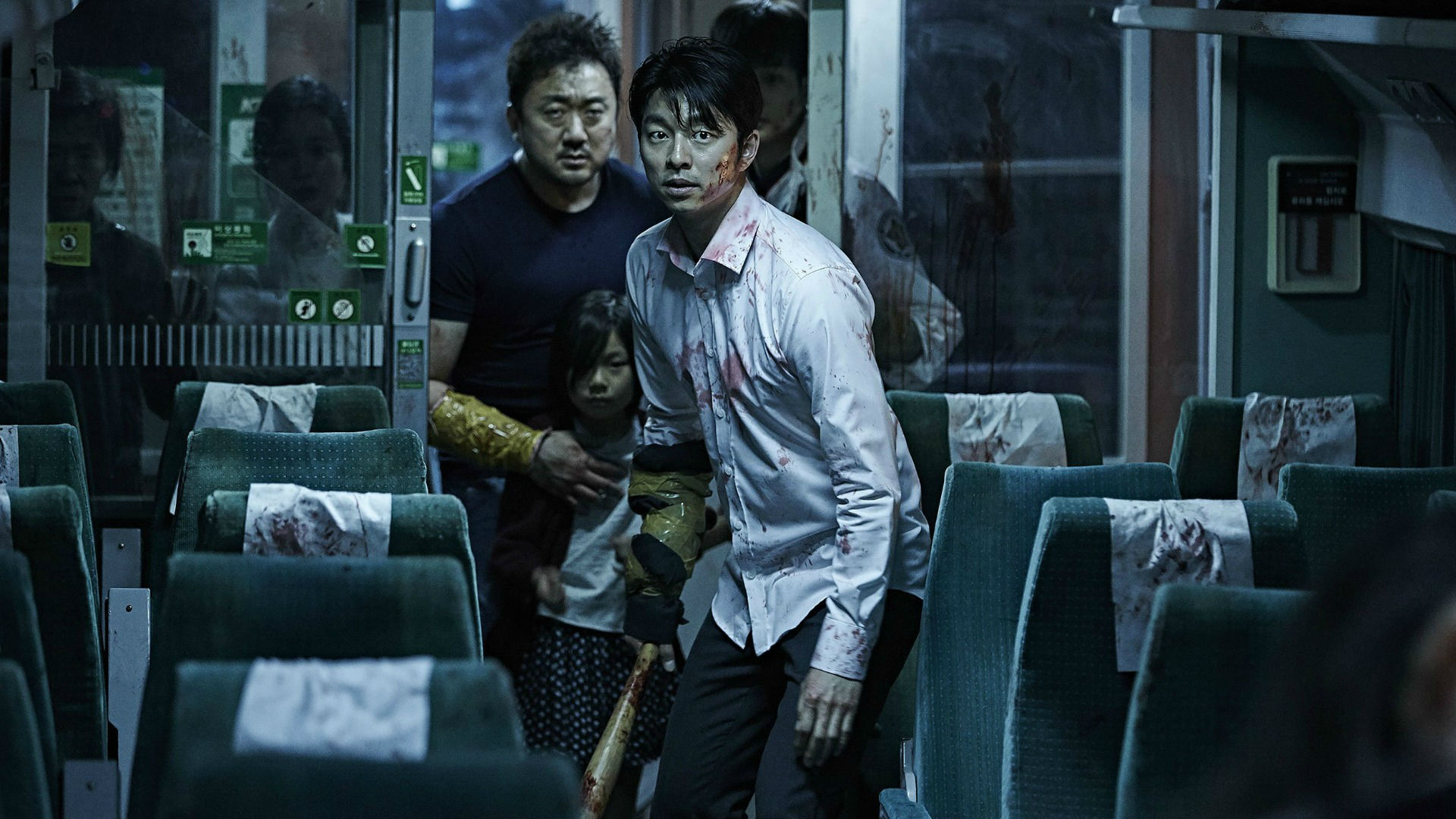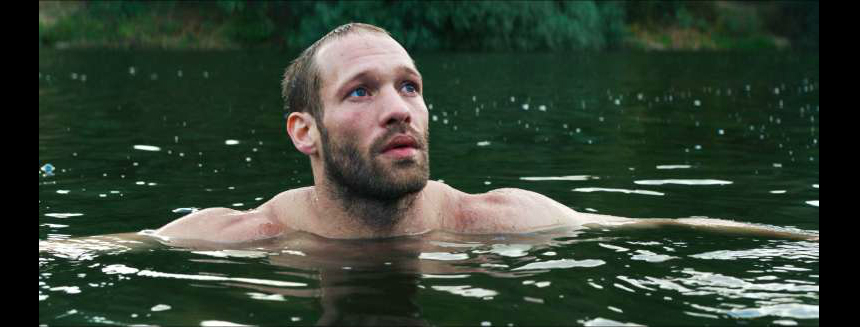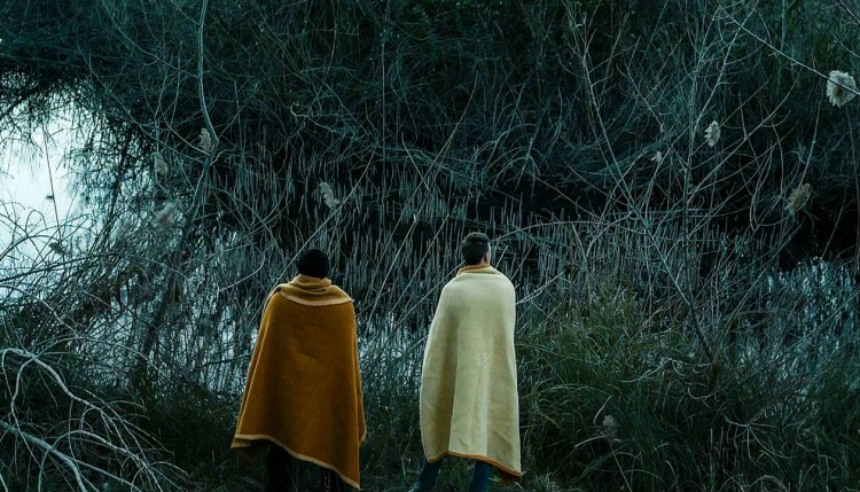
Fragile Films, Strong Cinema
The Valdivia Film Festival is a competitive one, it has juries and four competitions: International, Chilean, Latin American Short Film and Kids Short Films (the jury of this last competition is a group of 6-10 years old boys and girls from the schools around Valdivia). In each of these competitions you can see a curated approach towards the selection of films that are always on the verge of being completely obscure, and their participation here helps them to be known in other festivals around the continent and the world.
From first features of filmmakers mostly known for their short film work (El Auge del Humano by Teddy Williams, Viejo Calavera by Kiro Russo and Territorio by Alexandra Cuesta), to filmmakers returning to their second or third features, but completely changing the style and approach from their earlier work (El Cristo Ciego by Christopher Murray is a more spiritual work than his earlier features, which were more mocking in nature, and Lumières d'été by Jean-Gabriel Pèriot is the first time that he has worked with actors, and here he even films in Japan, far from France and his usual subjects in his documentary and performative work).
The Chilean Competition, at this time, is more a blessing than anything, as the majority of these manage to get a local release in the immediate months after the festival is over, for example 7 Semanas by Constanza Figari will get a release next week, while Pastora a documentary by Ricardo Villarroel, won the local documentary film festival and will get a wide release early next year.
The two winning films from the Chilean competition showcase the best that our cinema has to offer, with Mala Junta by Claudia Huaiquimilla being a fiction film that deals both with youth and the political angle of the indigene population in the south of Chile, while El Diablo es Magnifico continues the areas of interest by director Nicolás Videla, this time making a docu-fiction about an trans named Manu who lives in Paris, making it both heartfelt and really funny. Important films for the Chile of today.
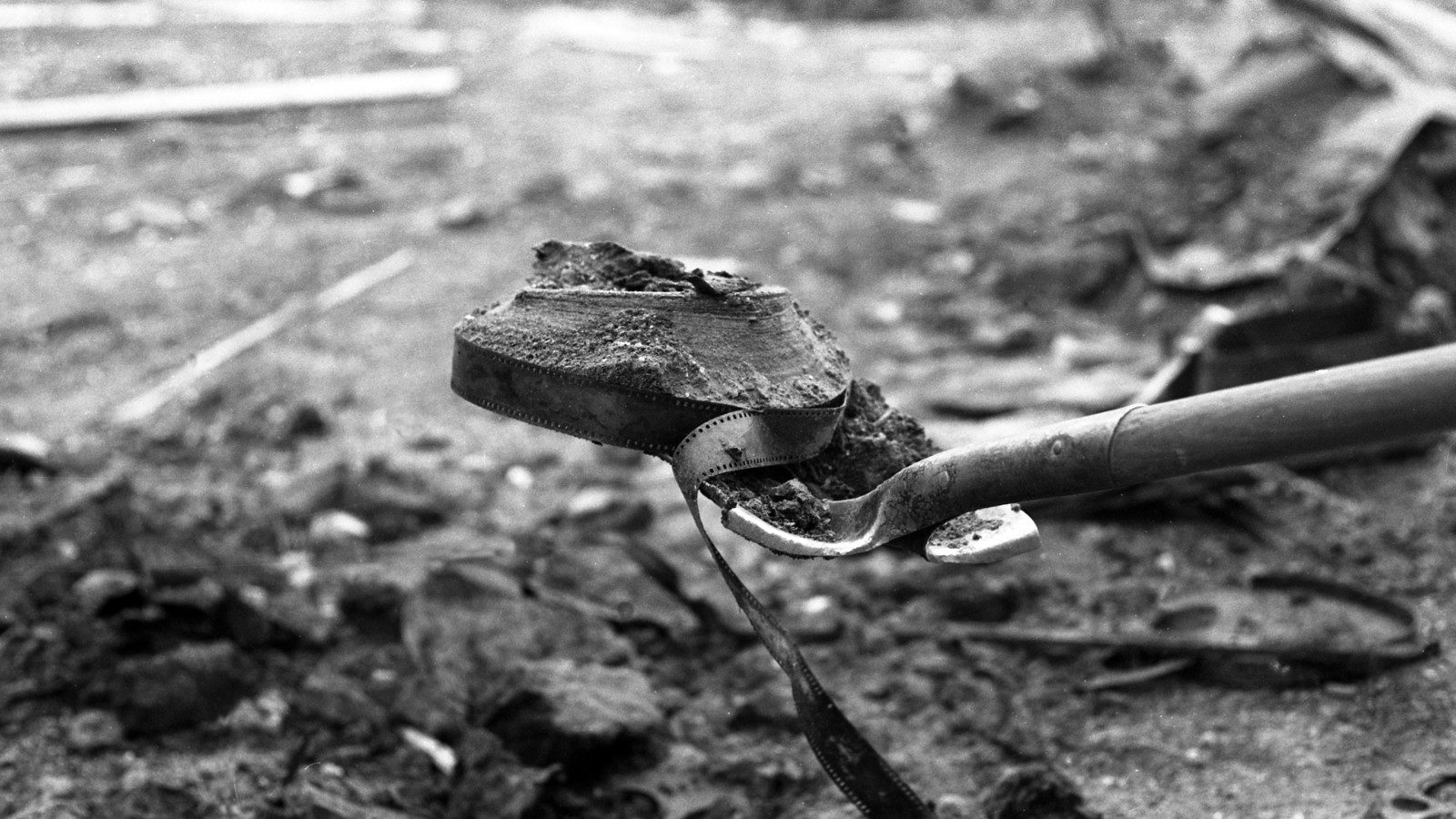
Impressive Visitors
Bill Morrison is among the most important, innovative and interesting experimental directors to have come out of the United States in a long time. Mostly using found footage, he manages to make the films that he uses, editing them together, both a visual treat as well as a message in itself about the state of restoration and the material nature of film.
So, of course, having him present and discuss a selection of his films was a wonderful treat, to hear him speak about how he found the materials, where they came from and how he altered them (or not) for his cathartic films. Specially interesting was his last film Dawson City: Frozen Time which is about the recovered films of Dawson City, which has become one of the largest depositories of supposedly lost films, and here he uses both elements of a straightforward documentary along with his love for the found footage to a highly emotional climax. This showing in Valdivia was also the last that Morrison would do for this year, meaning it was the exclusive and the last place to watch it this year all wrapped in one.
Festival Ambience
There's a particular ambience that can be smelled in Valdivia when the festival is happening, and that is that everyone's on it, and you can find the guests, the critics, the directors, and even the organizers of the festival in the streets, exchanging opinions, drinking beers together, all in a very friendly space.
One of the best memories I'll have from this year's festival was the presence of Joel Potrykus, who was another of the guest directors (he had his three films playing as part of a mini retrospective), and he had the good nature to not shy me away when I approached him to talk about his films, his future and usual chit-chat that no one actually cares about. The goodhearted nature of such an amazing and talented director is among the most wonderful memories I'll have from this festival, so here's to that.
Classics in 35mm
I had the rare and beautiful instance of seeing one of the greatest masterpieces of cinema, Daisies for the first time in a pristine 35mm copy that was shown as part of a homage to the 50 year anniversary of this wonderful film. In a country like Chile where repertoire cinemas are something that doesn't exist, festivals like Valdivia are one of the few chances to see older films in formats that are no longer supported by local cinemas.
Among other films that were shown in 35mm are Alice in the Cities by Wim Wenders and Lady Dracula by Franz Josef Gottlieb.
New Section: Nocturama
Touted as the new section that will feature new films from various genres and always on night screenings, this new section of the festival opened with the Latin American premiere of Train to Busan, and presented by the director of the festival as if it was one of the most important films of the programme, he enjoyed with the rest one of the most lively screenings that I've ever attended, with laughter, screams and clapping in the middle of sentences and sequences, this is one of the most memorable experiences that I've ever had with this festival, and I cant' wait to see what else will play in the future of this brand new section.
Great Directors, New Films
The 'Gala' section of the festival, which showcases the latest films of great directors, is bound to have a say in your End Of Year List, as it has already on mine. Among the films that managed to make a dent in my personal list are: Puiu's Sieranevada, Fontan's El Limonero Real and Rodrigues's The Ornithologist.
This is around the same number of films that I saw in Mar del Plata that also managed to make it into my list of favorites of the year, but considering how Valdivia has about 20% of the number of films that Mar del Plata has in a similar section, I'd say that this is a curated selection that will always give you the best of the best directors that are making art cinema around the world.
Films You Won't See Otherwise
Due to Valdivia's curated program, there's a chance, if you're willing, to branch out from your comfort zone and try out new kinds of cinemas. From the Chilean movies that are chosen each year to represent the best of the year, to the 'New Paths' section that had the two wonderful yet difficult films I Had Nowhere To Go, where the screen is mostly black for almost two hours, and All the Cities of the North (above), a visual poem that ponders upon the reason behind love and the abandonment of society. There's always something that you'll like, or at least you'll be glad that you spent your time watching it instead of, well, I don't know, the sea lions that roam the streets of this riverside town.












